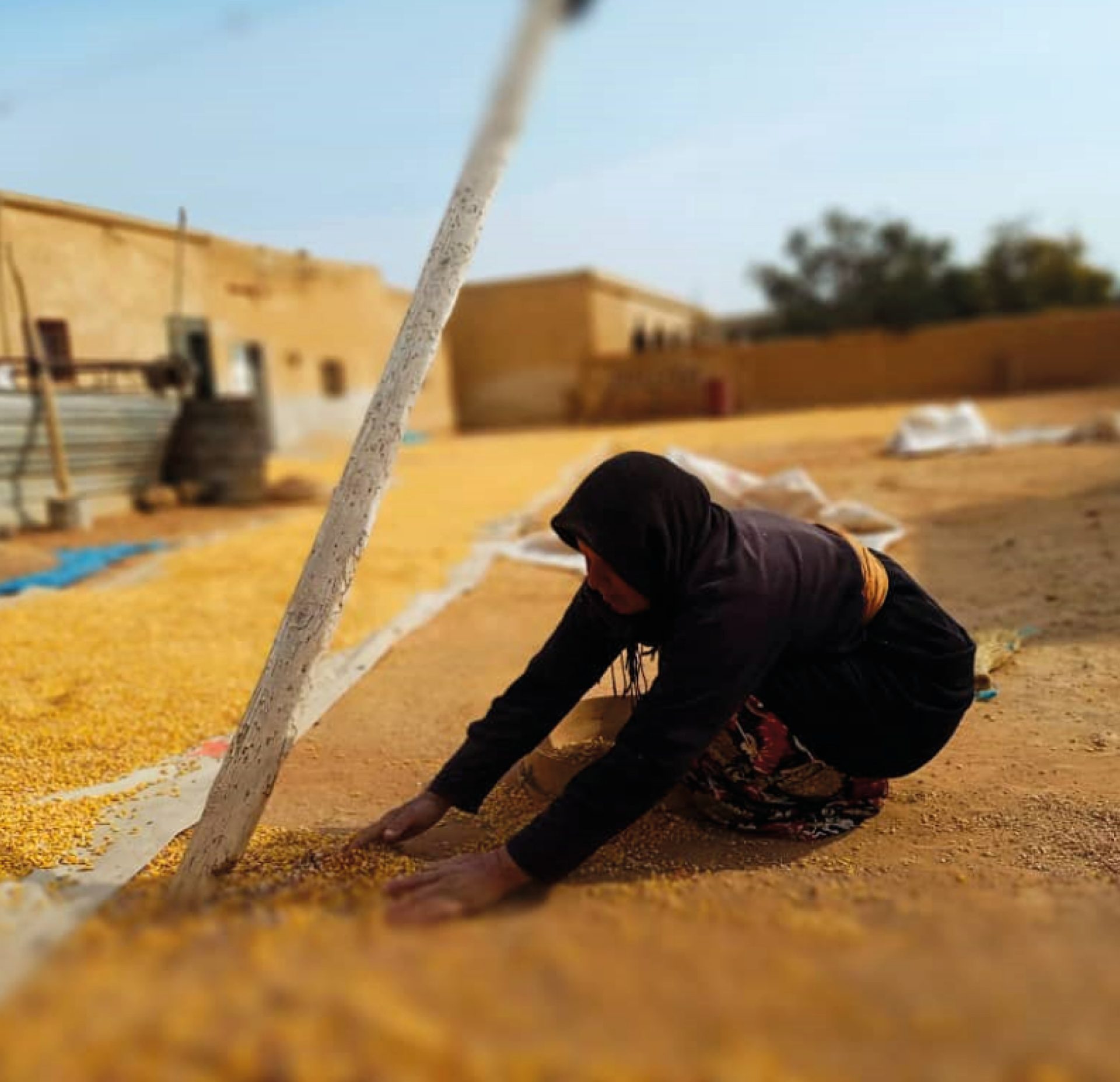As the Syria crisis reaches its tragic 11 year anniversary, the number of Syrians at risk of food insecurity has reached record levels – with 12.4 million at risk of hunger as the average cost of food skyrockets. The ongoing conflict and worst drought in 70 years, compounded with the impending food crisis due to the Ukraine conflict, is plunging Syrians towards hunger at a scale never seen before.
While active conflict has abated in the past year, Syrians are struggling to cope with hyperinflation and a fragile economy, leaving necessities like food, fuel, water and electricity out of reach for many. With public electricity only running for four hours a day, Syrian families are reliant upon generators to power their homes, transport, and water systems. But many can no longer afford to use their generators now.
Escalating fuel prices means transport and daily labour are more expensive – meaning that irrigating crops and transporting food to markets is becoming more difficult. Syrians are also battling the worst drought in 70 years, which, coupled with rising costs, means this year’s total agricultural output is estimated to be less than half of that from last year.
The conflict in Ukraine is also having a huge impact – Russia and Ukraine are among the most important grain exporters to the Middle East, and the UN is predicting a significant shortage of wheat supplies to the region in the coming weeks. This has already led to rationing of grain stocks in Syria, driving prices even higher.
“On this, the 11th anniversary of the Syrian conflict, we cannot turn our back on Syria despite the horror going on in Ukraine today – we are on the brink of a major food crisis which cannot be ignored. It is vital we get humanitarian aid to those who need it most and ensure people have access to the essential means of survival like food, water and energy.”
Action Against Hunger has been working in Syria since 2008, supporting 1.3m people with access to safe water and sanitation, as well as improving health and education facilities and providing crucial medical equipment. It also continues to support communities with critical nutrition services and help Syrians to become more resilient amid challenging times.


